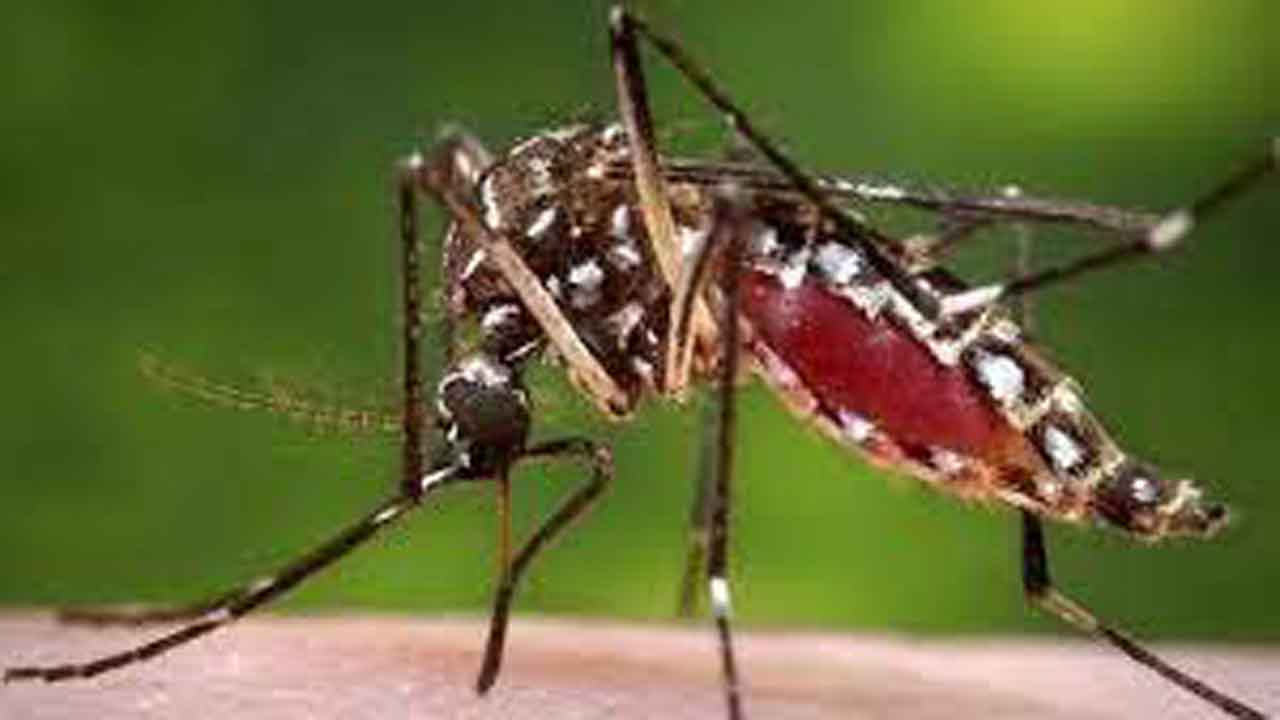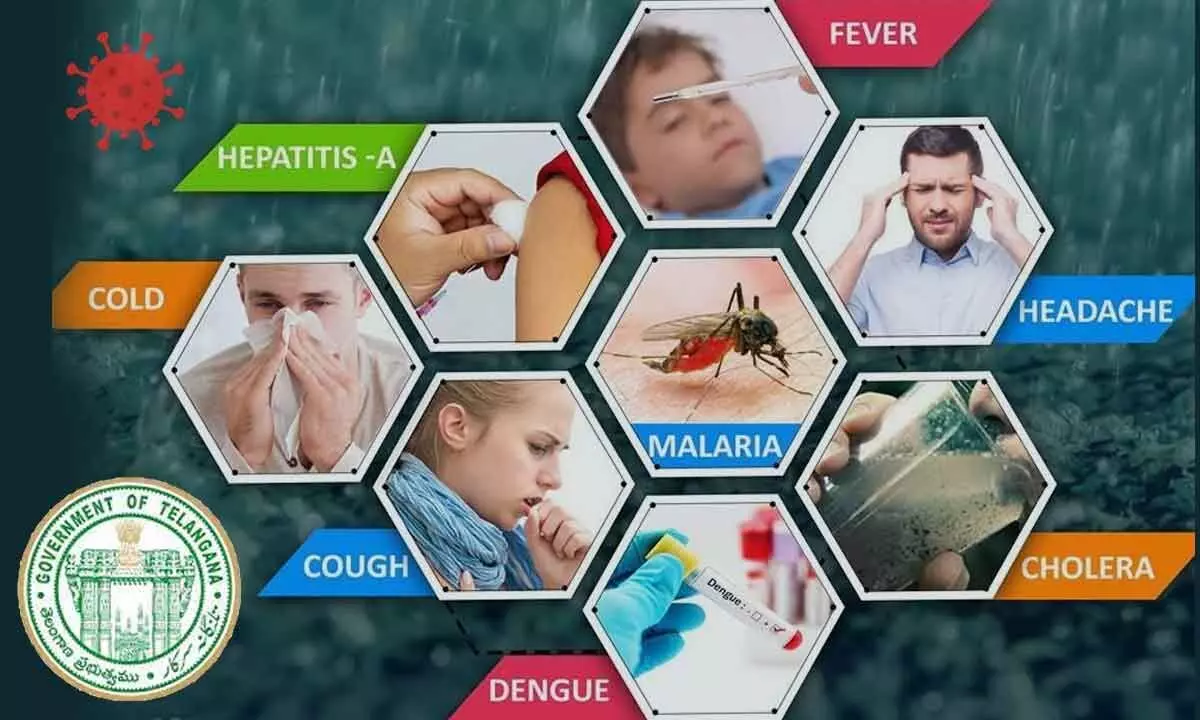‘Friday Dry Day’ campaign launched to curb monsoon-related diseases in the state
Telangana Health department has issued a strong public advisory urging all citizens to step up personal hygiene and mosquito-prevention measures as dengue, typhoid, gastroenteritis, and viral fevers begin to surge across the state with the arrival of the monsoon season.

As part of this initiative, the department has introduced a weekly ‘Friday Dry Day’ campaign. On this day, households, schools, offices, and local communities are encouraged to eliminate all forms of stagnant water in and around their premises to prevent the breeding of Aedes mosquitoes that transmit dengue.
The advisory was issued by Dr. B. Ravinder Nayak, Director of Public Health and Family Welfare, who stressed the need for community participation and personal responsibility. With light to moderate rainfall predicted across Telangana by the India Meteorological Department (IMD), including alerts of heavy showers in the coming days, public health officials have launched coordinated awareness and control measures.
Monsoon Fuels a Rise in Illnesses
The Telangana Health department has identified that a combination of cooler temperatures, increased humidity, and water accumulation provides an ideal environment for the spread of vector-borne, water-borne, and airborne diseases. These include dengue, malaria, typhoid, viral fevers, and flu.

According to department statistics, Telangana saw a sharp spike in dengue in 2021 with 20,141 cases, followed by 12,979 in 2022, 13,924 in 2023, and 12,514 in 2024. As of mid-2025, the state has already recorded 440 dengue cases. While the numbers are lower compared to previous years, officials remain cautious.
The department attributes this early success to continued awareness programs and public engagement campaigns. One such initiative includes larva identification demonstrations across high-risk neighborhoods, particularly in urban and semi-urban zones. Audio-visual education tools in regional languages are also being used to reach rural populations.
Water and Airborne Diseases Add to the Concern
Aside from dengue and malaria, the Telangana Health department is also tracking a rise in gastrointestinal infections such as typhoid, jaundice, and gastroenteritis. These are typically caused by the consumption of contaminated water or food.
Citizens have been advised to consume only boiled or filtered water, avoid street food, and practice regular hand hygiene. Individuals are being encouraged to wash hands before and after meals, avoid eating stale food, and refrain from sharing utensils or towels.
In addition, the advisory warns of a possible increase in airborne illnesses such as viral fever and seasonal influenza. The public has been requested to follow proper cough etiquette, avoid physical contact with symptomatic individuals, and wear masks when feeling unwell.
Mosquito-Proofing Homes and Offices
Since dengue mosquitoes are known to bite during daylight hours, people are advised to keep doors and windows secured with mesh screens, use mosquito repellents, and cover beds with nets—especially for children and the elderly. Maintaining domestic drains and preventing water stagnation in flower pots, coolers, tanks, and unused containers are vital.
The Telangana Health department has also mandated all district medical officers to activate special task forces to inspect vulnerable areas, conduct fogging operations, and enforce mosquito-control protocols. Inspections are underway in government buildings, schools, hostels, and healthcare centers.
All local bodies and municipalities have been instructed to step up garbage clearance and drainage maintenance to avoid mosquito breeding around community water bodies and open sewers.
Health teams have already begun targeted outreach in affected zones, and a monitoring mechanism is in place to track the weekly progress of ‘Friday Dry Day’ activities.
Conclusion:
The monsoon season poses a serious risk of disease spread in Telangana, but the Telangana Health department is taking proactive steps to prevent a large-scale outbreak. With cooperation from citizens, regular public clean-up drives, and timely health checks, the state aims to keep infection levels in control. Small acts like clearing stagnant water and maintaining hygiene can go a long way in ensuring community safety.

